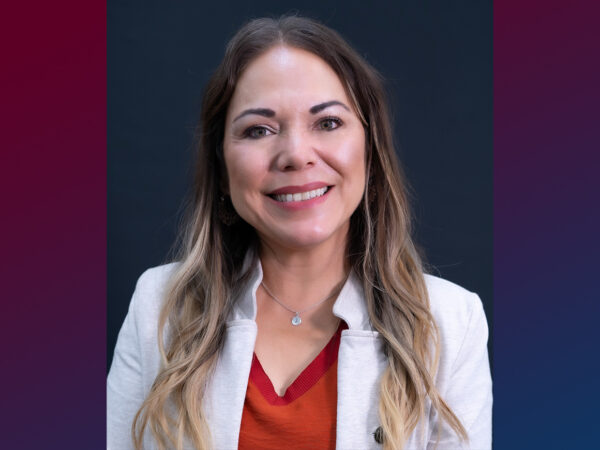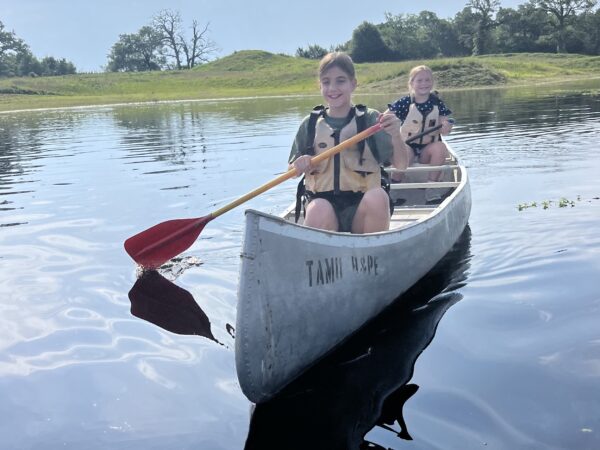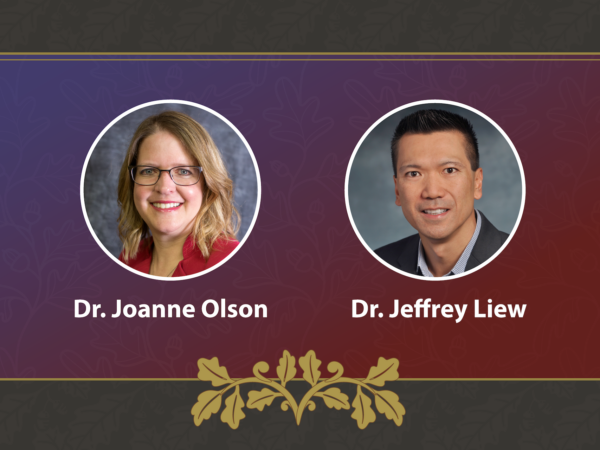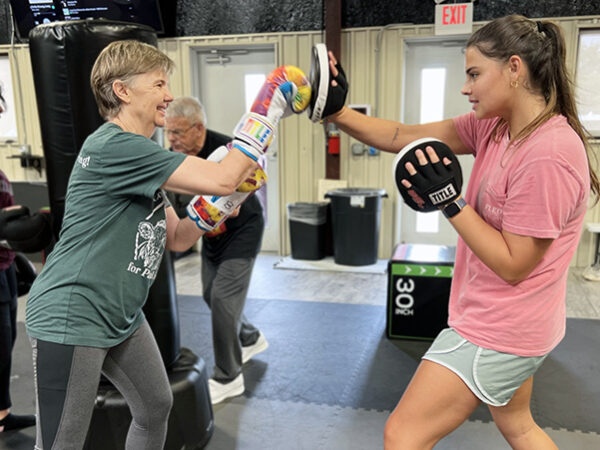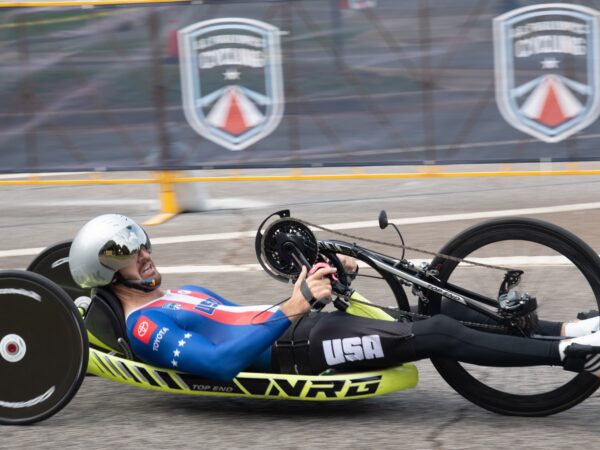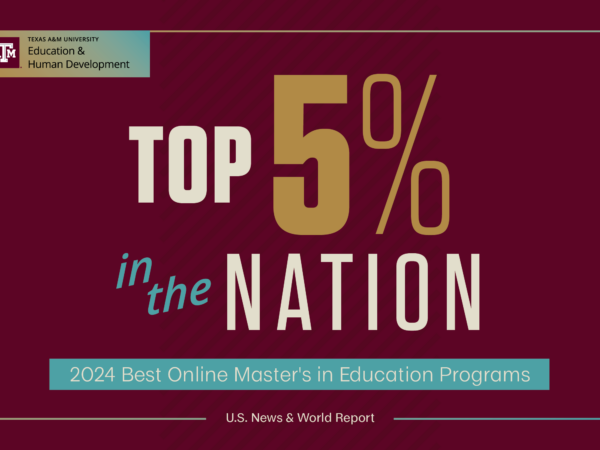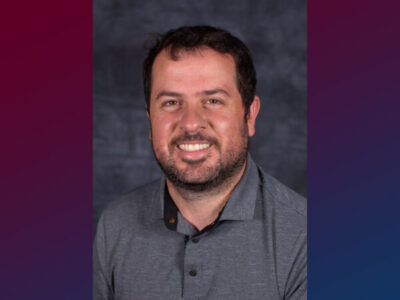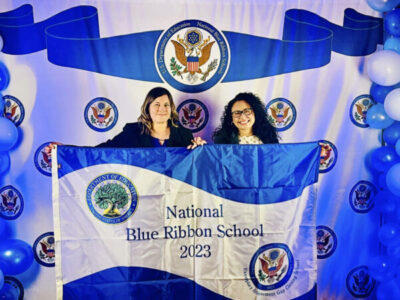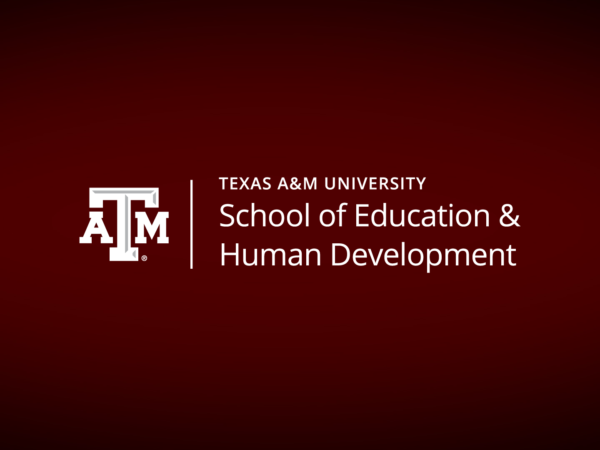Why literacy training is necessary in preparing teachers
The ability to read can provide a passageway to fantasy worlds, reliving times gone by and understanding firsthand accounts of history. Learning to read is critical to success in life and it all starts with effective teaching.
A recent systematic review by Drs. Emily Binks-Cantrell and R. Malatesha Joshi and doctoral students Alida Hudson, Karol Ann Moore and Bing Han, looked at how the “science of reading” can help improve student reading outcomes. The science of reading refers to applying the scientific method of research to understand what works and what doesn’t.
Cantrell says although “science of reading” is a fairly new term because of works by American Public Media reporter Emily Hanford and advocates such as the Reading League, she says the science has been there for a while now.
“It is actually based upon decades and decades of scientifically-based research in literacy,” Binks-Cantrell says. “The science of reading is based upon findings that have been replicated across multiple peer-reviewed studies, including from fields of education, psychology, linguistics, and neuroscience, to tell us how people learn to read and how we best teach people to read.”
Why literacy knowledge is important
The study analyzed 20 peer-reviewed published works to look for trends in how teacher preparation and training programs impacted teachers’ knowledge of foundational literacy skills, such as phonics.
The study found that the more extensive and detailed the teachers’ training in these skills were, the deeper their knowledge became. Cantrell says that while a person may be a good reader, it does not mean they can effectively teach reading well.
She adds it is critical that teachers are being trained by teacher educators who have a good understanding of the research themselves and that teachers have the opportunity to apply the knowledge they’ve learned in the classroom.
“It has been pretty well established through over two decades of research that teachers typically lack the knowledge they need to teach reading most effectively,” Binks-Canrell says. “That’s no fault of the teachers themselves — teacher preparation programs must do a better job of preparing teachers.”
The best weapon
Binks-Cantrell says literacy and reading is important as it is a building block of children’s development and quality preparation of teachers is essential to that development.
“The most influential factor upon a child’s ultimate success, or lack thereof, in learning to read is the quality of the reading instruction a child receives,” Binks-Cantrell says. “In fact, the National Research Council deemed quality reading instruction to be ‘the best weapon against reading failure,’ because it helps children ‘beat the odds’ and other factors that may be stacked against them.”
The study identifies different qualities of effective preparation and training programs to better serve preservice and inservice teachers. Such examples are intentional, hands-on experience to apply knowledge of foundational literacy skills and pairing with skilled, early-reading teaching experts.
Binks-Cantrell hopes to look further at school administrators’ understanding of the science of reading in hopes of increasing support for teacher preparation program improvement.
“Teachers must have the opportunity to learn about effective reading instruction from knowledgeable teacher educators, then have the opportunity to apply it in the classroom with support,” Binks-Cantrell says.
About the Writer
Justin is a native of Harlingen, the capital city of the Rio Grande Valley in Deep South Texas. He graduated in 2021 from The University of Texas Rio Grande Valley with a Bachelor of Liberal Arts, majoring in Mass Communication with a concentration in Print Journalism. Justin is responsible for writing news and feature stories for the College and its various departments to be featured via the web, social media, and various other media outlets.
Articles by JustinFor media inquiries, contact Justin Elizalde.


